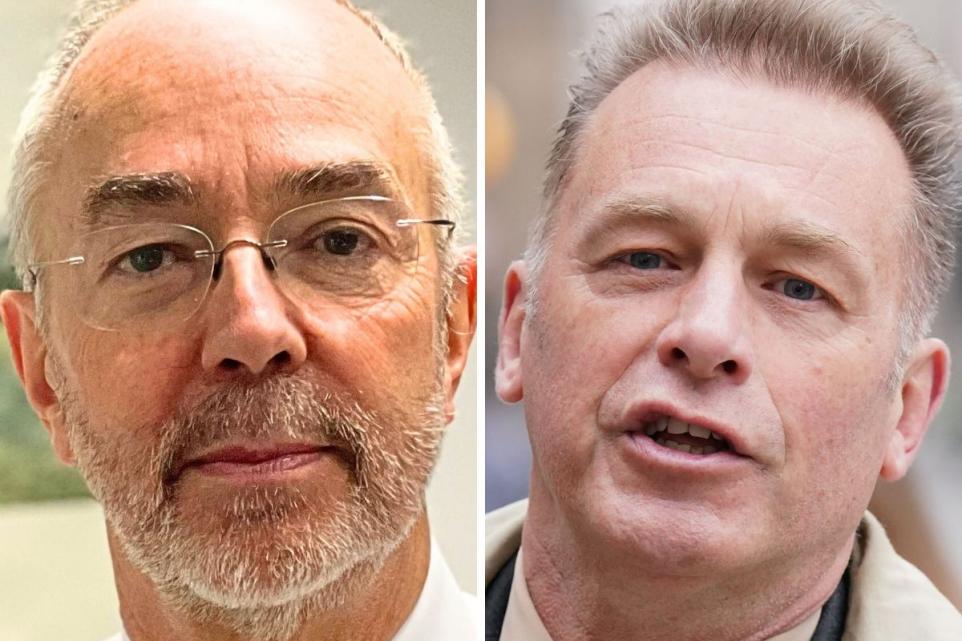The bustling town of Aylesbury is bracing itself for significant travel disruptions as a crucial thoroughfare into the town is […]
The renowned naturalist and BBC presenter, Chris Packham, has recently made headlines by accusing the leader of Bucks Council, Martin Tett, of dishonesty regarding the Council’s employment of a controversial weed killer. This serious allegation has sparked a heated debate about environmental practices and governmental transparency.
Details of the Accusation

Source: https://www.bucksfreepress.co.uk/news/24469018.chris-packham-accuses-bucks-council-leader-lying/
Chris Packham, widely respected for his fervent environmental advocacy, did not mince words when he alleged that Martin Tett had lied about the Council's use of a weed killer known to harbor toxic properties. According to Packham, the council leader misrepresented the extent to which this chemical was being utilised in public spaces, claiming it was safe and used minimally.
The Controversy Surrounding the Weed Killer
The weed killer in question is Glyphosate, a widely used herbicide that has been under scrutiny for its potential health risks. Although many regulatory bodies have deemed it safe when used correctly, mounting evidence suggests that prolonged exposure may lead to serious health problems, including cancer. Environmental activists like Packham argue that its use should be heavily restricted or even banned to prevent any adverse effects on public health and biodiversity.
Reaction from Bucks Council
In response to these accusations, Martin Tett has strongly denied any wrongdoing. He explained that the Council adheres to all safety guidelines and that the herbicide is only used as a last resort when other methods fail. Tett emphasised that maintaining public spaces in a tidy and usable condition occasionally necessitates the use of such chemicals.
Tett further added that the Council’s pest management practices undergo regular reviews to ensure they are both effective and safe for the environment. He accused Packham of spreading misinformation that could incite unnecessary fear and panic among the public.
Public and Expert Opinion
The public reaction has been mixed, with some residents supporting Packham’s call for greater transparency and stricter regulations on hazardous chemicals. Others, however, have defended the Council, citing the practical challenges of managing invasive weeds without chemical intervention.
Experts are also divided. Some toxicologists and environmental scientists back Packham’s concerns, urging local governments to explore safer alternatives to Glyphosate. Conversely, other experts argue that when used correctly, Glyphosate poses minimal risk and plays a crucial role in effective weed management.
The Bigger Picture
This incident has reignited the broader debate about the use of potentially harmful substances in maintaining public spaces. It underscores the need for a balanced approach that weighs the benefits of such chemicals against their possible dangers. As this story continues to unfold, it will undoubtedly serve as a catalyst for more rigorous discussions and potential policy changes.
For now, Chris Packham's accusations have cast a spotlight on Bucks Council's practices, pressing them to reassess and perhaps reevaluate their approach to environmental management. Whether this will lead to meaningful change remains to be seen, but it has certainly drawn significant attention to an issue that affects communities nationwide.